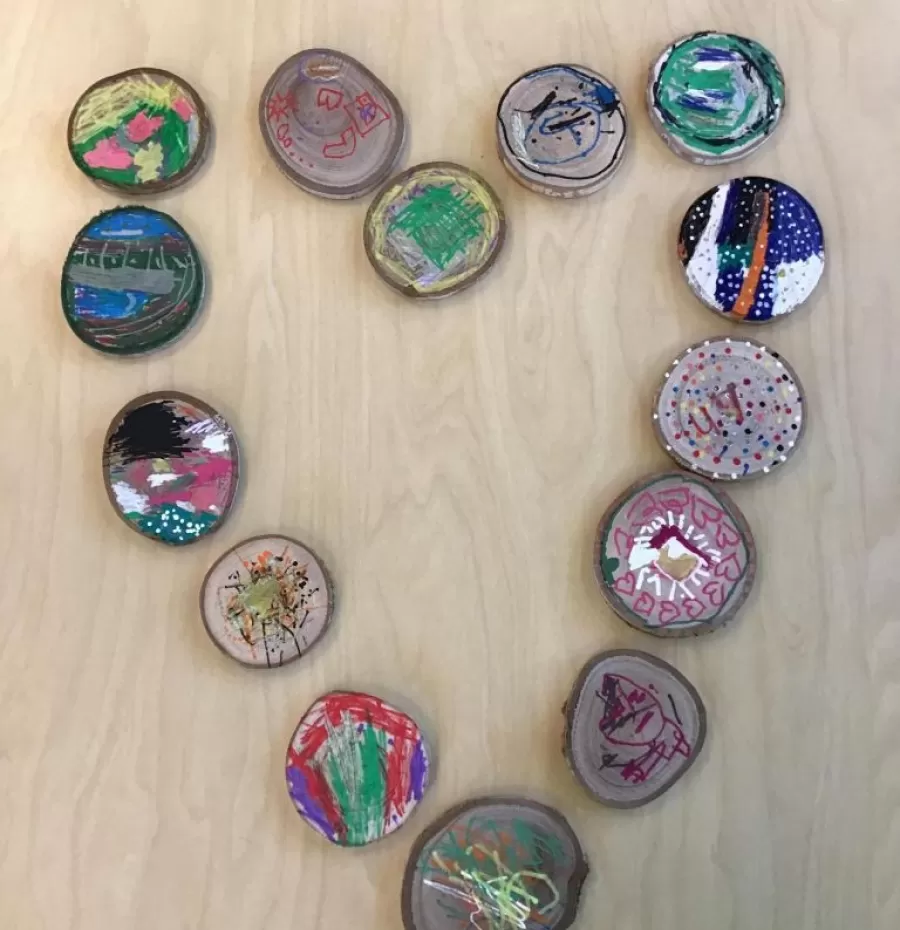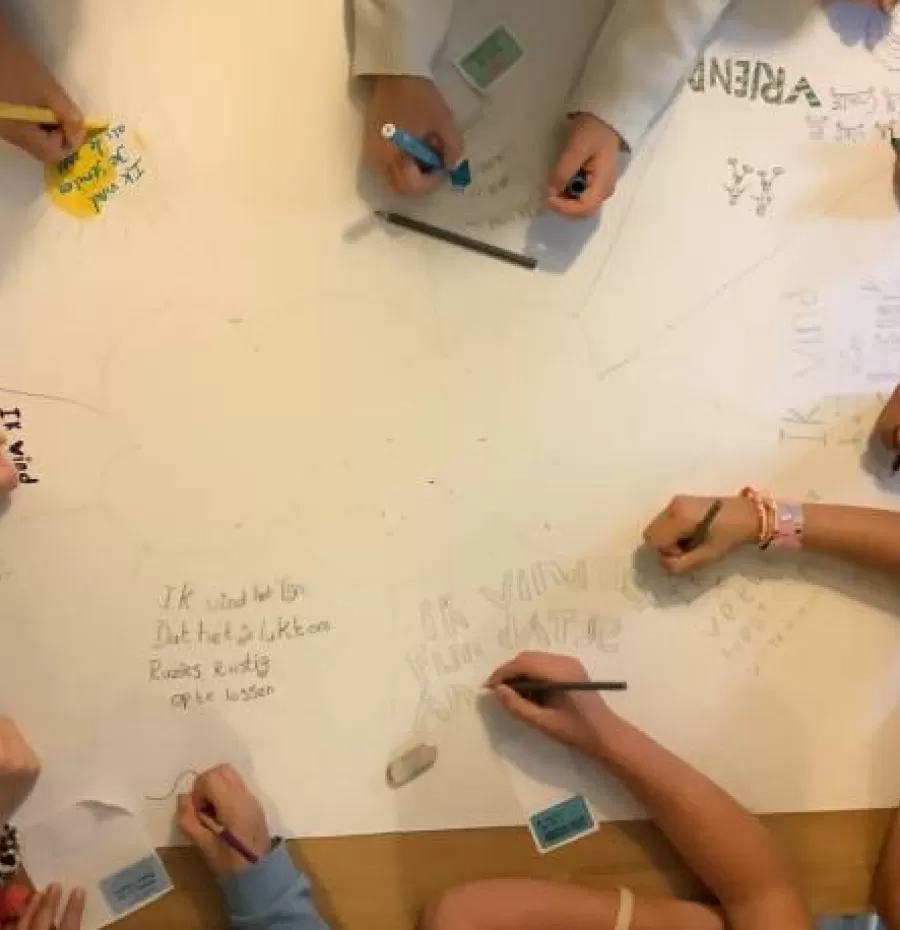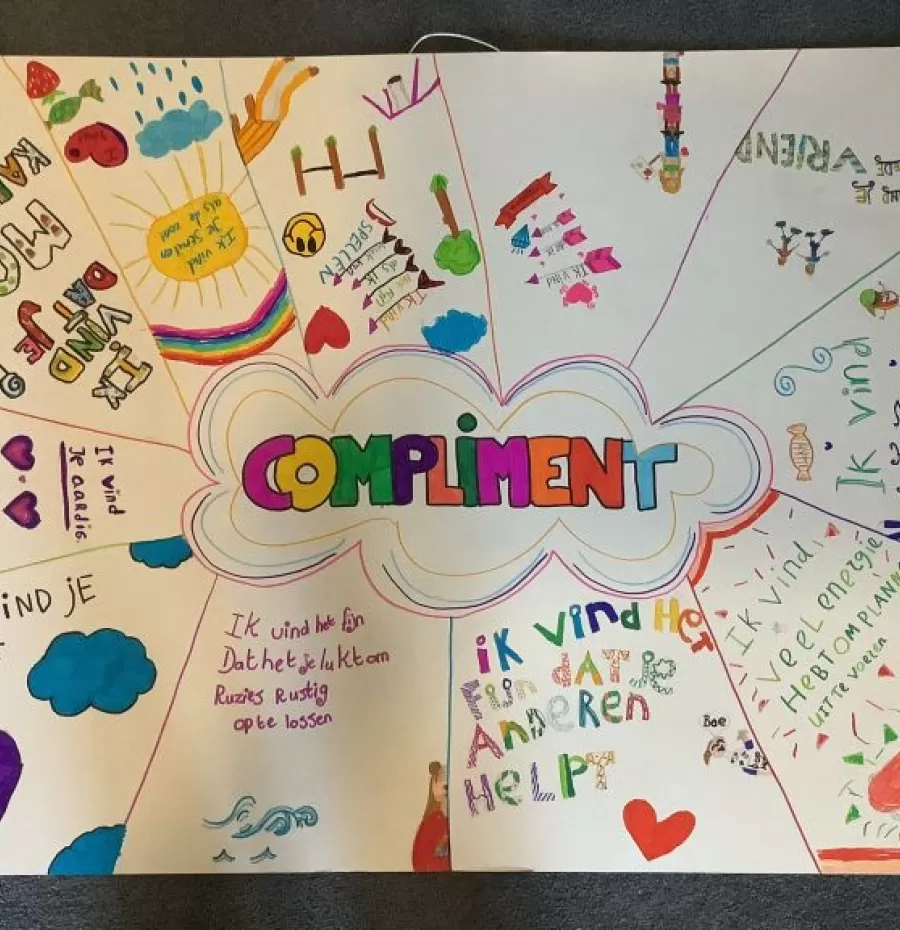
Page content
The more positive the atmosphere in a group and the clearer the agreements, the fewer conflicts. We therefore pay a lot of attention to what’s going on.
A different approach for every age
Toddlers and preschoolers sometimes interact with each other in an annoying or rough way. They don’t yet know how to do things differently.

Influencing atmosphere together
From about the age of six, children begin to understand the differences between bullying and teasing. That’s why a positive atmosphere is particularly important during out-of-school care. To achieve this, we do many activities that require cooperation between all children of different ages. In this way, children get to know each other and cohesion is created in a group. Children accept and respect each other, and experience that together they influence the atmosphere.
At primary schools, teachers often also pay attention to classroom atmosphere after the summer and Christmas holidays. There’s even a name for these weeks: the golden (after the summer holidays) and silver (after the Christmas holidays) weeks.
Making agreements with each other
The older children get, the more they play together, discovering what they like and don't like about each other. They learn to stand up for themselves, solve conflicts and make allowances for each other. They experience what it’s like to be teased and then tease too. Sometimes they’re going out of line.
When children no longer help each other and don’t stand up for each other, the atmosphere is no longer safe. Everyone is on their guard. Can you still be yourself? Do you still dare to say what you want? Are you still allowed to stand up for yourself or someone else? Is it better to join in the bullying to avoid being bullied yourself?


At the out-of-school care centre, children make agreements together about how they treat each other. They call each other by name, for instance, learn not to interrupt and don’t call each other names. The agreements are posted in the group room, so everyone can see them at all times.
In a positive group atmosphere, children will develop a positive self-image, self-confidence and the social skills they will so badly need all their lives. We therefore teach the children: everyone is different, but everyone is included.